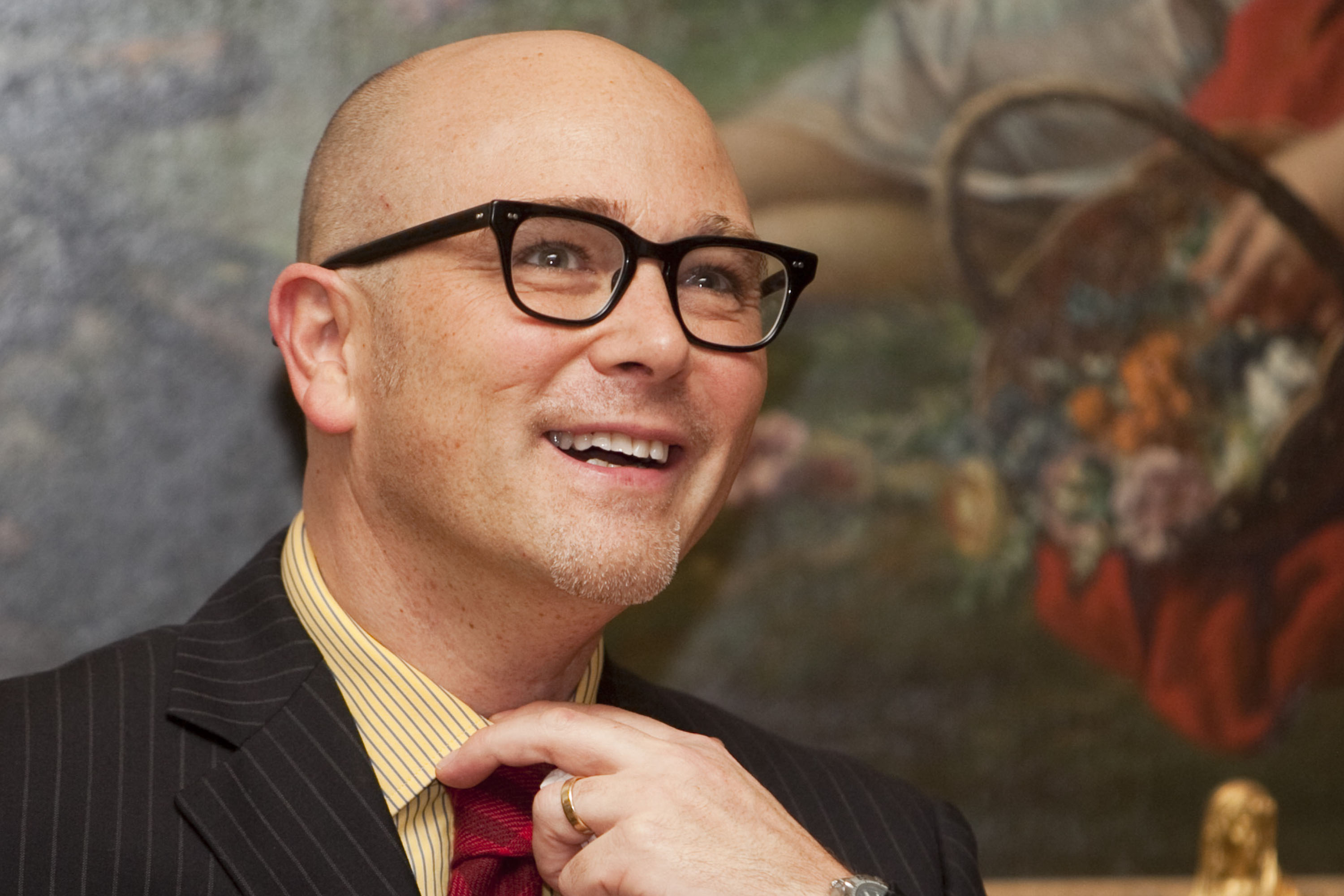
Professor Philip Hancock
As you battle through the crowds shopping for presents over the coming month take time to think about all the organisation involved in Christmas.
Professor Philip Hancock, work and organisation expert from Essex Business School, argues there is a lot more to the global cultural and economic than people realise.
With just seven weeks left until Christmas Day, Professor Hancock will talk about the organisation and business of Christmas at Colchester Castle Museum at 2pm on Saturday 8 November as part of the national Economic and Social Research Council (ESRC) Festival of Social Science.
He will give shoppers and business people a fresh insight into the commercial and cultural side of the festivities. From the festivals and gift giving of ancient Rome, to today’s worldwide supply chains in festive knick-knacks, Christmas has always been touched by business and the demands of organisation, but now it is a truly global phenomenon.
Professor Hancock will take visitors from the political and economic organisation of the ancient and medieval worlds, through the rediscovery of Christmas by the Victorian middle classes, up to and including the celebrations of the present day, with sweating Santas in British department stores dealing with hundreds of children each day to KFC Christmas dinners in Japan.
Despite its relationship to Christianity, and much of the Christian symbolism associated with it, Professor Hancock will highlight how Christmas is a festival that has an appeal and presence which now cuts through cultural boundaries. In China, for example, more is now spent at Christmas than during the traditional Duanwu and Mid-Autumn Festival.
Even those who reject it cannot help but be touched by it, in one form or another, during the late autumn and early winter months.
“Organising Christmas is one of the most pressurised activities of the entire year,” Professor Hancock points out. “Worldwide, the greatest organisational efforts of the year are focused on Christmas Day.”
And, it’s not just big business that must manage an extraordinary peak of activity.
“Whether it’s shopping for presents, buying food or preparing Christmas lunch for a houseful of extended relatives, Christmas for most of us demands a great deal of extra work and organisation,” Professor Hancock argues. “And Christmas doesn’t just mean families working harder. Across society – in voluntary organisations, the NHS, the police, mental health services, recycling centres – people have to manage extra Christmas-related demands whether it’s more alcohol related injuries, Christmas lunches for homeless people or more rubbish at the local tip.”
For retailers, who on average in the UK see a 30-40 per cent increase in sales during December, Christmas means heightened work activity. Even department store Santas are working harder than ever. Studying Santa Claus performers, Professor Hancock found that Santas could be expected to see up to 400 children in their grotto over a four hour period. “One Santa said the primary purpose of his ‘elves’ was to tell him to work faster and speed up the flow of children through the grotto.” Professor Hancock said.
But, Professor Hancock also stresses that perhaps we need to take some elements of Christmas more seriously: “Across the globe, people are involved in a frenzy of organisation in pursuit of the seamless, utterly effortless Christmas of our dreams. For an event that involves so much global and organisational activity, the simple truth is that people find it extremely difficult to take Christmas seriously as an event of organisational or even, in some quarters, economic significance.”